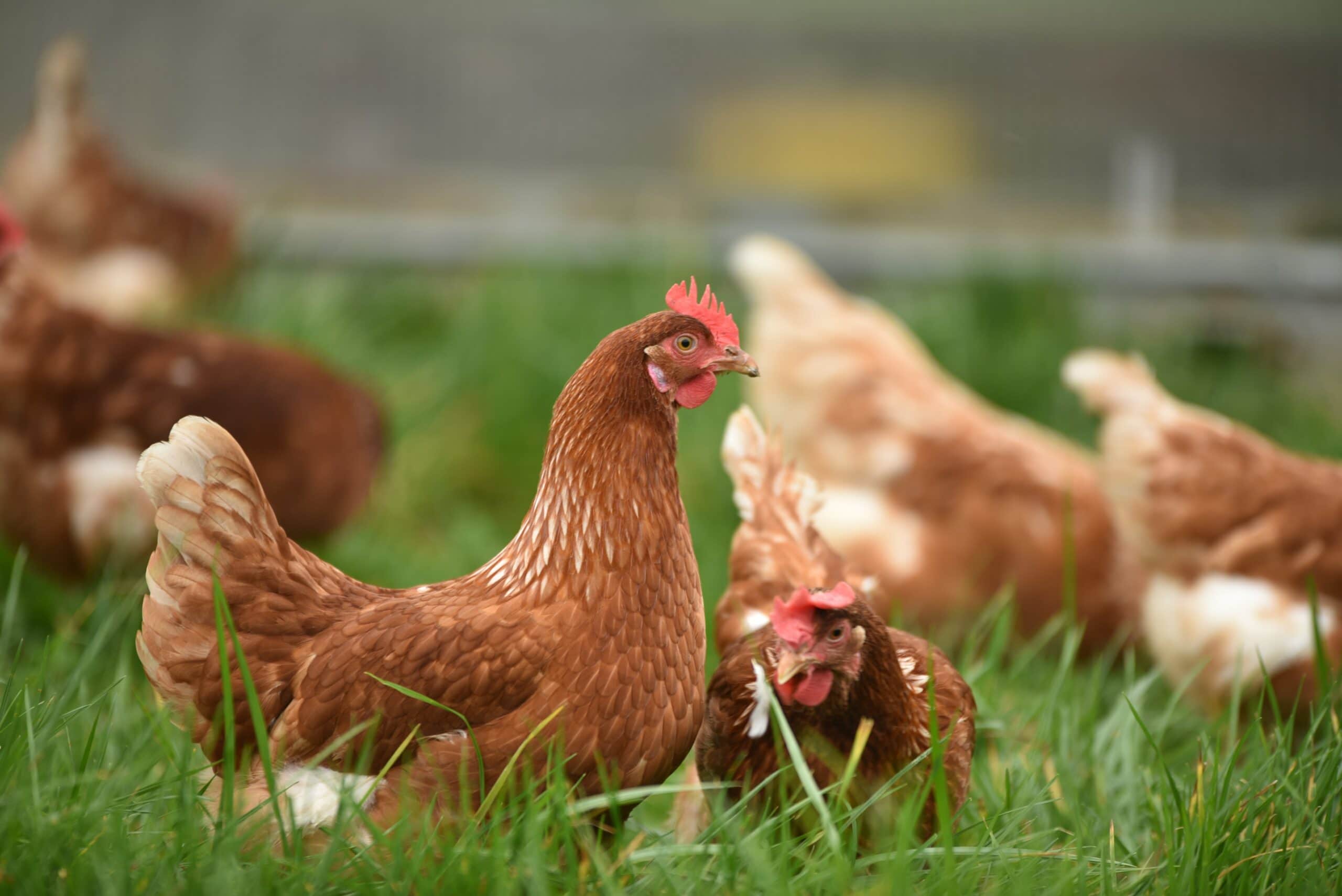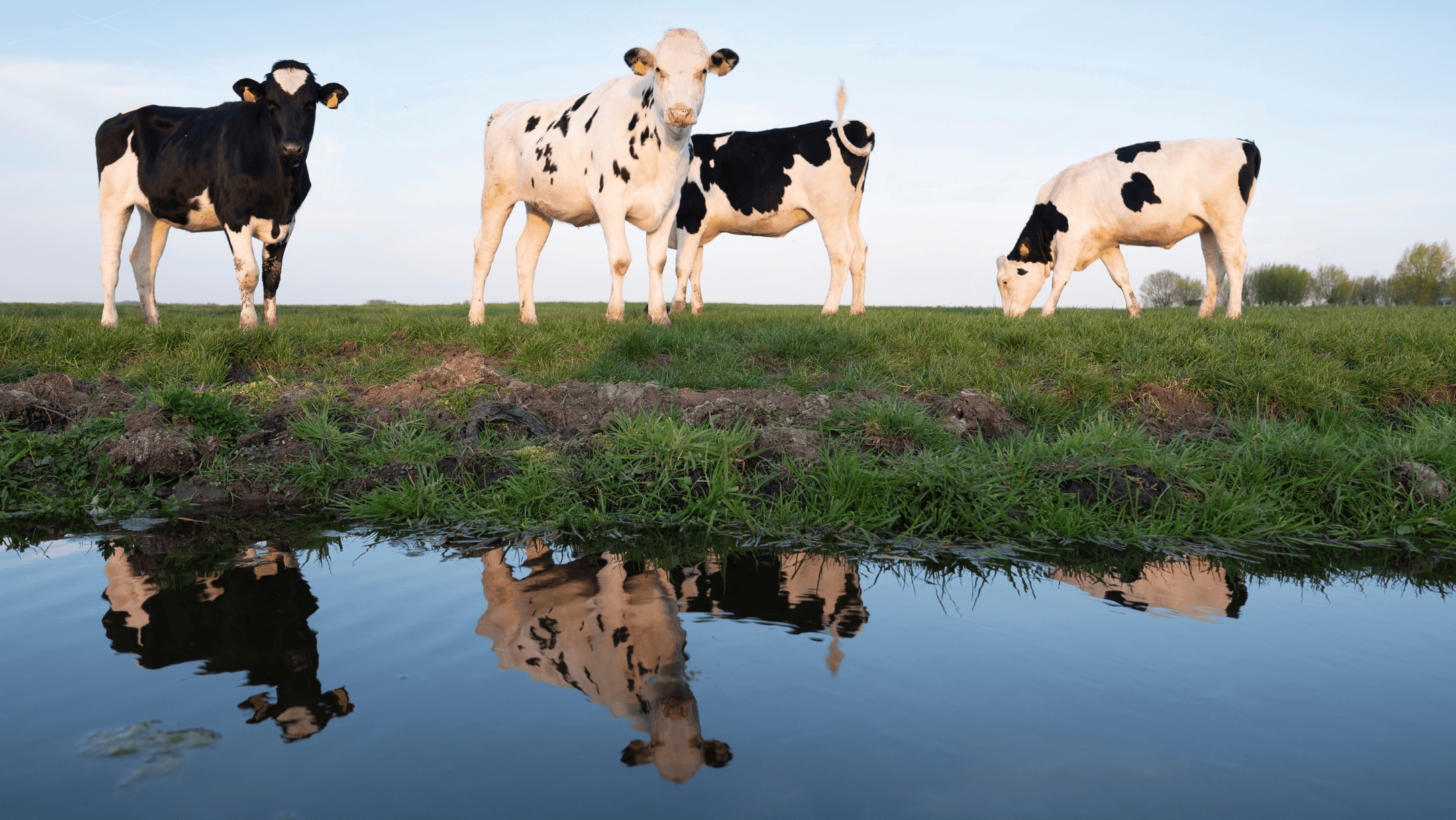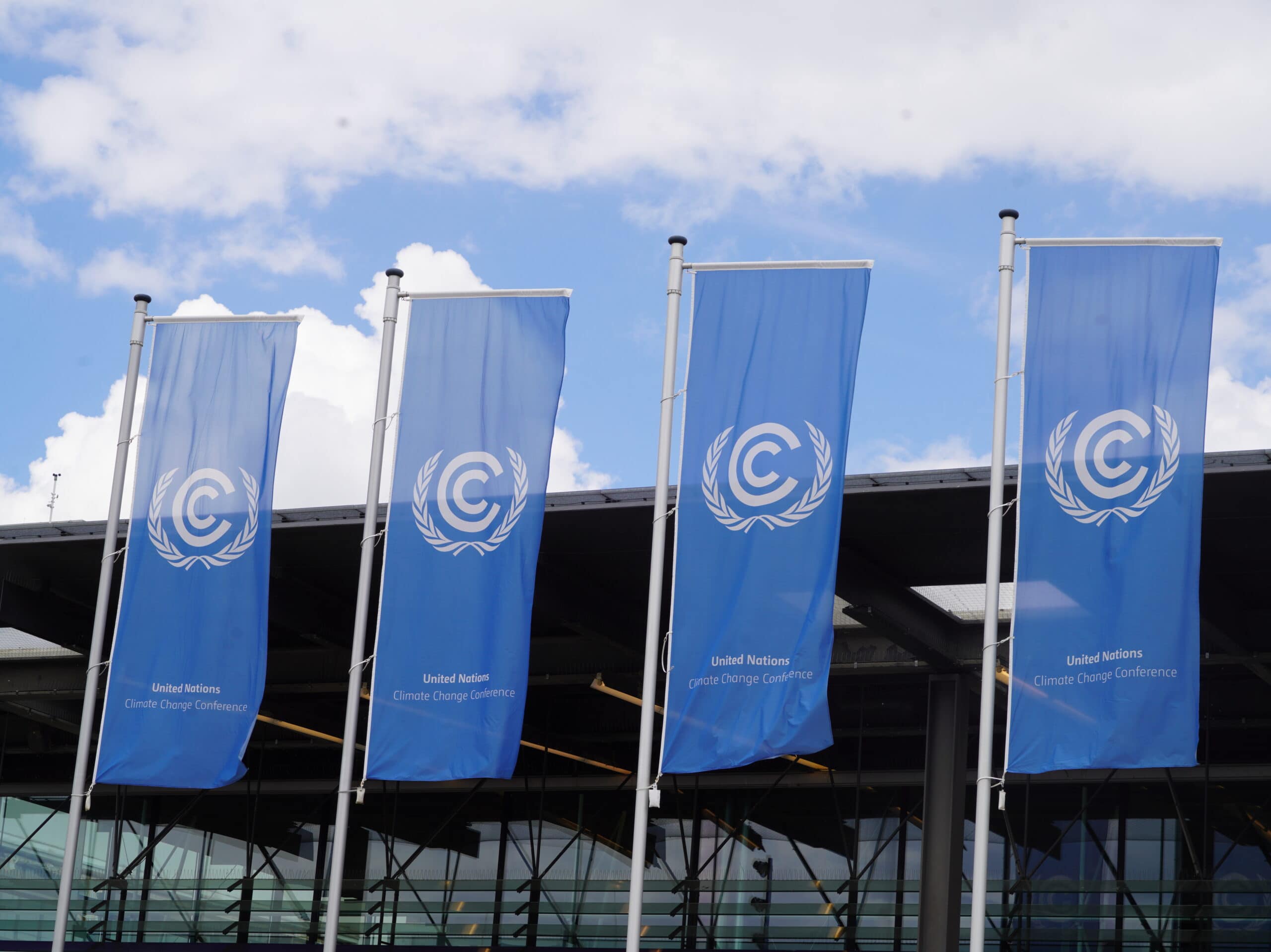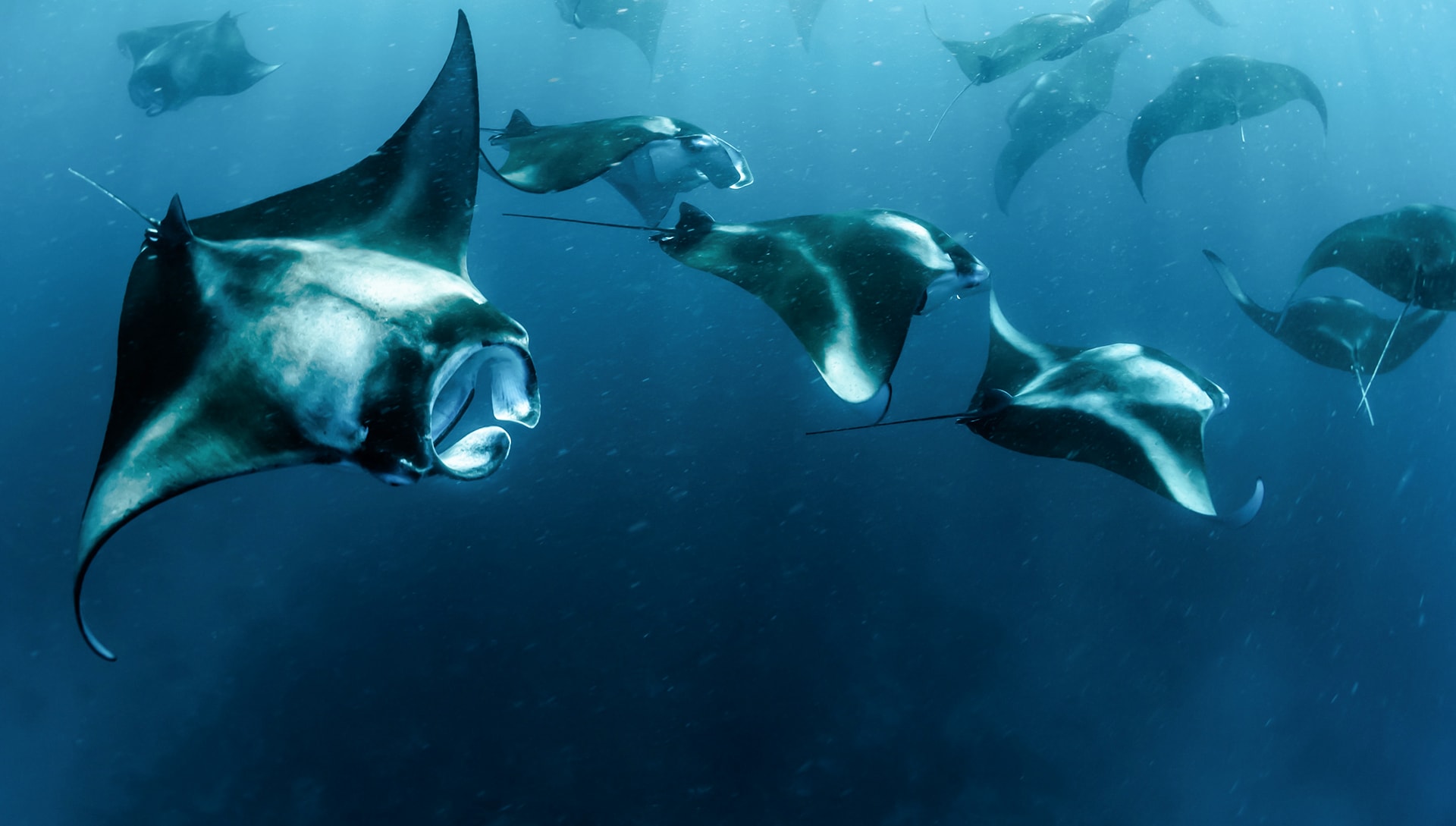We welcome the draft Note on Critical, Emerging and Enduring Issues of the High Level Panel of Experts on Food Security and Nutrition. This is of particular relevance at the current juncture with the looming triple planetary crisis of climate change, biodiversity loss, and pollution, which are caused, to a substantial degree, by unsustainable food systems. Interrelated food insecurities have been further exacerbated by COVID-19, a disease which very likely arose from close interactions between people and wild animals. In this context, we believe that there are numerous emerging issues on the human-animal-environment interface which the Panel must consider in this Note.
1. Urban and peri-urban food systems involving animals have the potential to increase zoonotic risk by bringing large human and animal populations into close contact. Therefore, we suggest the Note explores what policies can foster a One Health approach and help reduce the risk of emergence and transmission of new zoonotic diseases in urban and peri-urban food systems.
2. With up to 42 percent of the global greenhouse gas emissions being associated with food systems, it is essential to revitalise climate policies for food security and nutrition. The most recent IPCC assessment report on mitigation agreed, with high confidence, on the mitigation potential of a shift towards plant-based diets as well as emerging food technologies such as cellular fermentation, cultured meat, plant-based alternatives to animal-based food products, and controlled environment agriculture. These, the IPCC concluded, can “lead to substantial decreases in greenhouse gas emissions”. Therefore, it is important that the Panel addresses how consumption and production patterns can mitigate or exacerbate climate risk, and what policies can be used to shift consumption and production to be more climate resilient and climate neutral (or even positive).
3. Echoing the words of the One Health High-Level Expert Panel, the health of humans, domestic and wild animals, plants, and the wider environment (including ecosystems) are closely linked and interdependent. We are therefore surprised to not see explicit references to animal health and welfare or zoonotic disease in the context of emerging and re-emerging infections challenging food security and nutrition. We invite the Panel to evaluate the impacts of food systems on the emergence and spread of new infectious diseases under a wider, stronger One Health lens, in line with the definition embraced by the Food and Agriculture Organization, the World Organisation for Animal Health, the United Nations Environment Programme, and the World Health Organization:
“One Health is an integrated, unifying approach that aims to sustainably balance and optimize the health of people, animals and ecosystems. The approach mobilises multiple sectors, disciplines and communities at varying levels of society to work together to foster well-being and tackle threats to health and ecosystems, while addressing the collective need for clean water, energy and air, safe and nutritious food, taking action on climate change, and contributing to sustainable development.”
Photo by Maarten van den Heuvel on Unsplash
Background:
The High Level Panel of Experts on Food Security and Nutrition helps the Committee on World Food Security identify emerging issues and prioritise future actions and attention areas.
Since 2014, in (about) a four-year interval, the Panel has been producing Notes on critical and/or emerging issues affecting food security and nutrition to inform the design process of the Committee’s multi-year programme of work. The Panel is now developing its third note.
The suggestions above reflect the World Federation for Animals’ inputs to the Version zero draft of the Panel’s third Note on Critical, Emerging and Enduring Issues.





